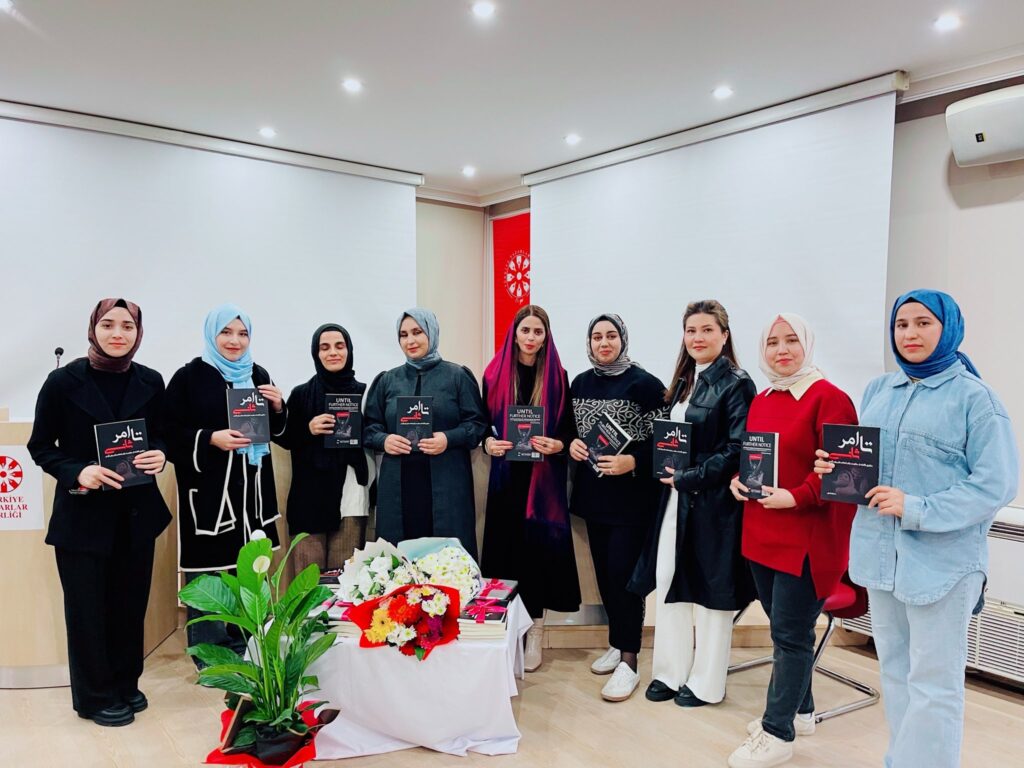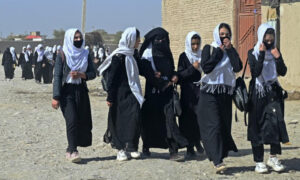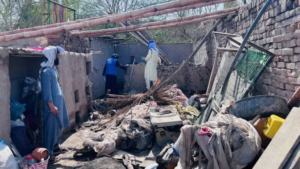A new book titled “Until Further Notice: Untold Truths of Afghan Women’s Resistance for Freedom,” authored by Manizha Ramizy, a former university teacher in Kabul and a human rights activist, was launched at the Turkish Writers’ Center.
The unveiling ceremony of this book took place on Monday, October 13, and it examines the situation of Afghan women after the fall of the republic, emphasizing advocacy, awareness-raising, and the struggle for women’s rights to education and work.
Manizha Ramizy, the author of this book, stated in a press release on her X account: “The book ‘Until Further Notice’ is dedicated to all the women who continue to fight for their right to education, work, and freedom in Afghanistan despite threats, pressure, and discrimination. They are the most inspiring figures of civil resistance in this current dark period.”
The statement mentioned that this work, produced in collaboration with the “Global Network Against Extremism,” addresses four main themes: the history of women’s struggles, the achievements of the past twenty years, the consequences of deprivation from education and work after 2021, and women’s efforts for Afghanistan’s future.
Research conducted for this book shows that after August 15, 2021, more than 2.2 million girls have been barred from attending school, and around 100,000 women have been deprived of higher education.
Additionally, the findings of this book indicate that increased poverty, forced marriages, suicides, and mental health issues are direct consequences of the restrictions imposed on women.
While this book criticizes the current situation, the existing government has deprived women and girls of education and schooling since taking control of Afghanistan. In its latest restriction, the government closed the doors of medical institutes to girls, despite the healthcare sector in Afghanistan facing a shortage of personnel.
This government’s action has resulted in millions of female students being unable to pursue their education.
Moreover, women have been banned from going to sports clubs, restaurants, public baths, being examined by male doctors, traveling without a male guardian, and working in both domestic and international NGOs as well as even in UN offices in Afghanistan.













